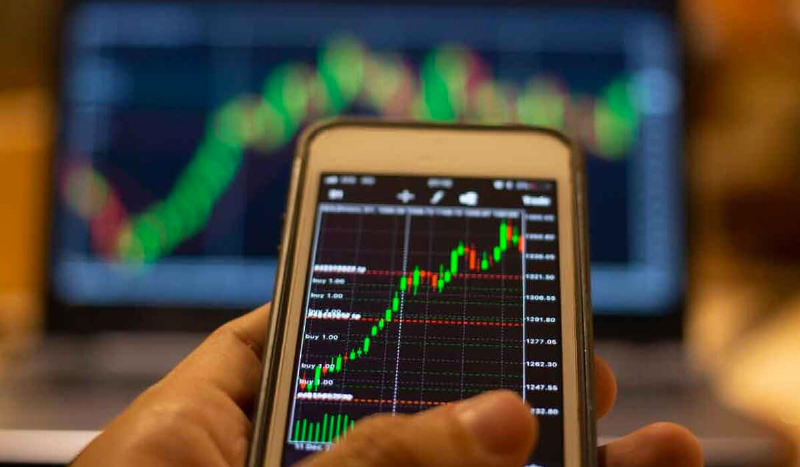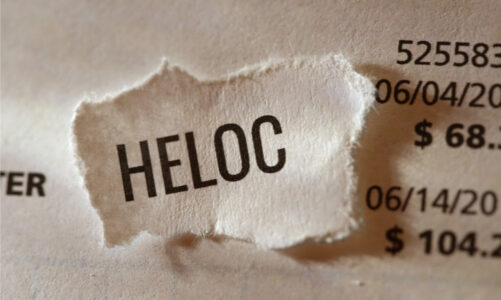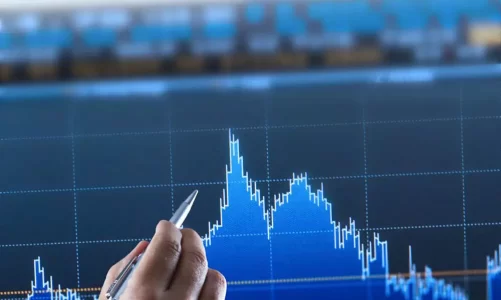When it comes to trading, both forex and futures markets offer opportunities to make (or lose) money. There are critical differences between the two that need to be considered before making any trades. For information on what futures are, you can first check them out at https://www.home.saxo/en-sg/products/futures.
In this article, we will look at some of the key differences between forex and futures trading.
Leverage
In the futures market, traders can use leverage to trade contracts worth much more than the capital they have in their accounts, and it allows them to make more enormous profits (or losses) on their trades. In the forex market, leverage works differently. While traders can still use leverage to trade currency pairs, their brokers limit the amount of leverage they can use.
For example, most brokers will limit the amount of leverage used on major currency pairs to 50:1. A trader with a $100 account can only trade $5,000 worth of currency.
Margin
When trading futures, traders must put up a margin – this is the initial amount of money that must be in the account to place a trade. The margin requirements vary from contract to contract and broker, but they are typically between 5% and 10% of the contract value. If a trader wants to buy one future crude oil contract (which is currently trading at $60 per barrel), they will need to have $600 in their account as a margin (10% of $60).
In the forex market, margin works differently. Instead of being a percentage of the contract value, it is a percentage of the trade size. If a trader wants to buy $100,000 worth of EUR/USD and their broker has a margin requirement of 2%, they will only need to have $2,000 in their account to place the trade.
Trade size
The trade size in the futures market is fixed – each contract represents a specific amount of the underlying asset (e.g. one barrel of oil or one bushel of wheat). In the forex market, traders can trade in any amount they want (as long as it is above the minimum trade size set by their broker). It means that traders can trade minimal amounts of currency in the forex market, which can be helpful if they want to limit their risk.
Commissions
In the futures market, commissions are typically much higher than in the forex market. The futures exchanges charge fees for each trade made, and these fees are passed on to the brokers, who then charge their clients. The commission varies from contract to contract and from broker to broker, but it is typically between $5 and $10 per round turn (i.e. buying and selling one contract).
In the forex market, commissions are typically much lower. For example, many brokers offer commission-free trading on major currency pairs. Even when commissions are charged, they are typically much lower than in the futures market – typically around $2 to $3 per round turn.
Clearing
All trades must be cleared through a central clearinghouse in the futures market. It is a third-party organisation that ensures that all trades are settled according to the contract terms. The clearinghouse also acts as a guarantor if one of the parties to a trade defaults on their obligations.
In the fx market, there is no central clearinghouse. Instead, each broker acts as its counterparty to its clients’ trades. It means that if a broker goes bankrupt, its clients may not be able to get their money back.
Settlement
In the futures market, contracts are typically settled in cash. At the end of the contract period, the two parties to the trade will pay (or receive) the difference between the price of the asset at the start of the contract and the price at the end of the contract in cash.
Most currency pairs are ‘settled’ in two business days in the forex market. If a trader buys EUR/USD on Monday, they will not receive their euros until Wednesday. If they then want to convert their euros back into dollars, they will have to sell EUR/USD on Wednesday and wait until Friday to receive their dollars.
Regulation
The futures market is highly regulated. It is a centralised market with a clearinghouse that guarantees all trades. In the fx market, there is no central regulator. Instead, each broker is regulated by the country in which it is located. For example, brokers in the United States are regulated by the Commodity Futures Trading Commission (CFTC), while brokers in the United Kingdom are regulated by the Financial Conduct Authority (FCA). In Singapore, brokers are regulated by the Monetary Authority of Singapore (MAS).




